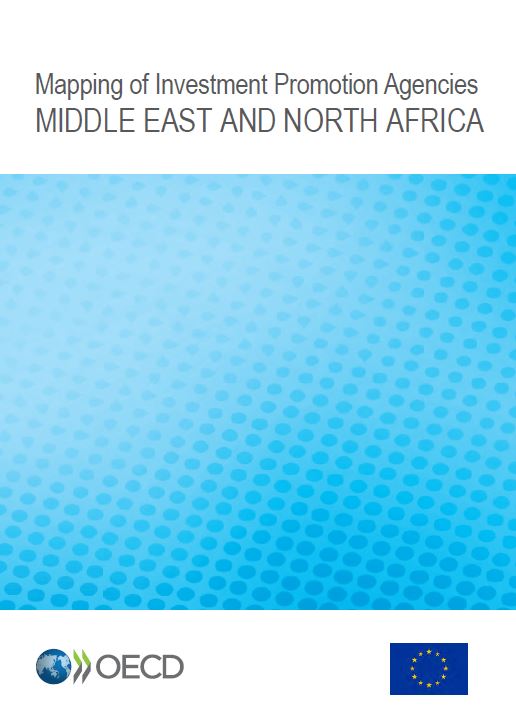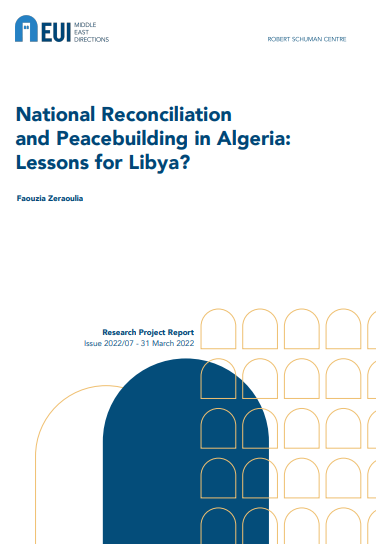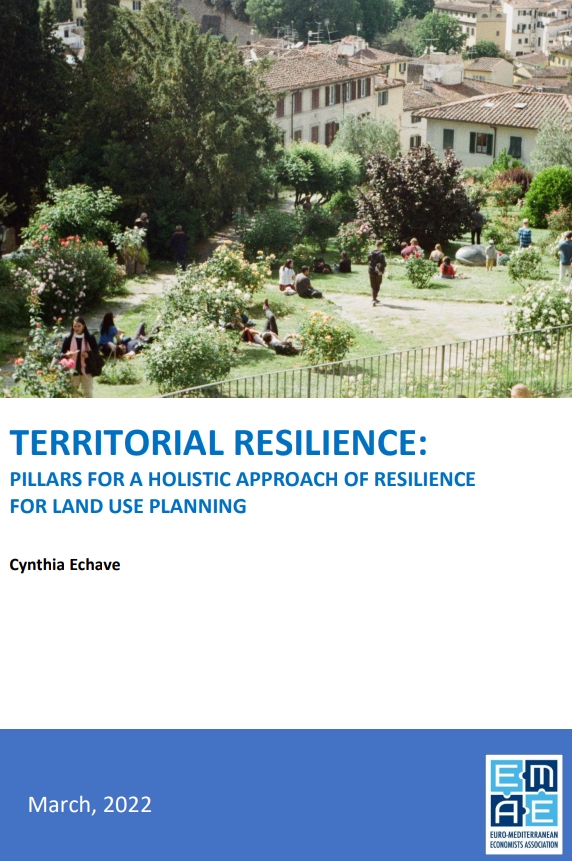FEMISE Med BRIEF 29: Does Public Preschooling Improve Child Development in Algeria ?
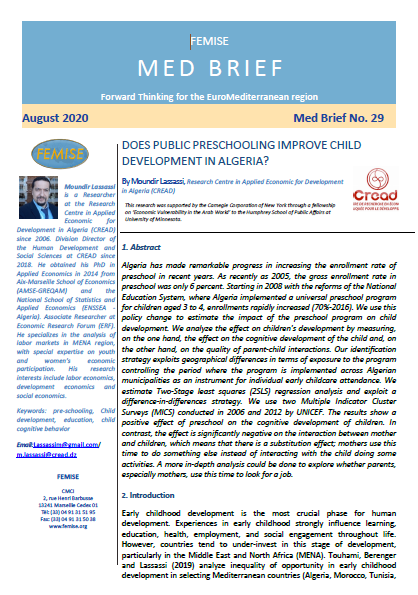
Algeria has made remarkable progress in increasing the enrolment rate of preschool in recent years. As recently as 2005, the gross enrolment rate in preschool was only 6 percent. Starting in 2008 with the reforms of the National Education System, where Algeria implemented a universal preschool program for children aged 3 to 4, enrolments rapidly increased (70%-2016).
We use this policy change to estimate the impact of the preschool program on child development. We analyze the effect on children’s development by measuring, on the one hand, the effect on the cognitive development of the child and, on the other hand, on the quality of parent-child interactions.
The results show a positive effect of preschool on the cognitive development of children. In contrast, the effect is significantly negative on the interaction between mother and children, which means that there is a substitution effect; mothers use this time to do something else instead of interacting with the child doing some activities.
A more in-depth analysis could be done to explore whether parents, especially mothers, use this time to look for a job.
The FEMISE Policy Brief series MED BRIEF aspires to provide Forward Thinking for the EuroMediterranean region. The briefs contain succinct, policy-oriented analysis of relevant EuroMed issues, presenting the views of FEMISE researchers and collaborators to policy-makers.
Latest Publications




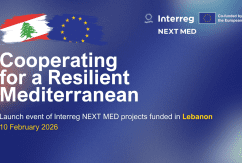

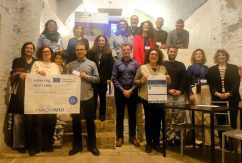

























 Syria
Syria 